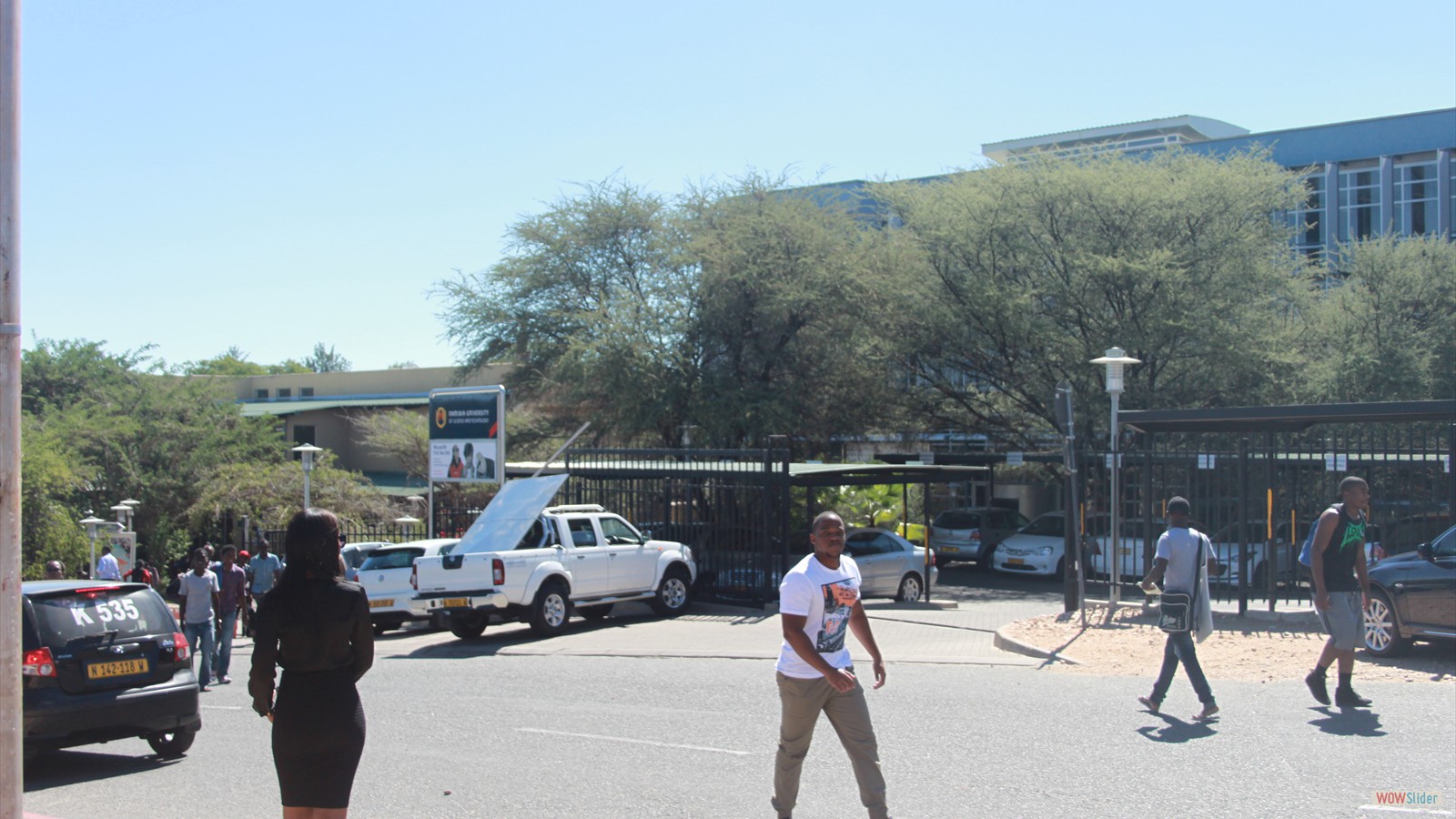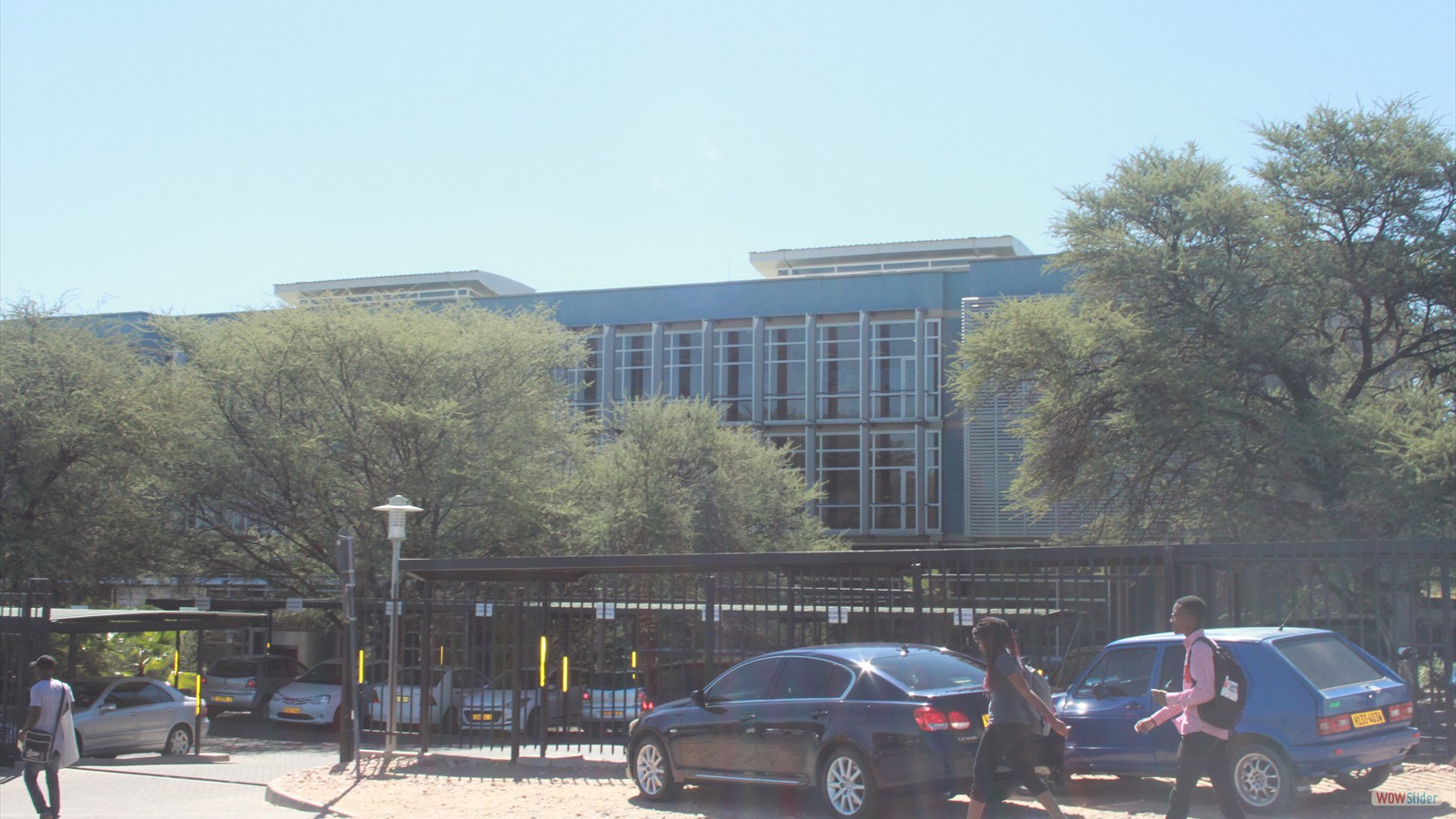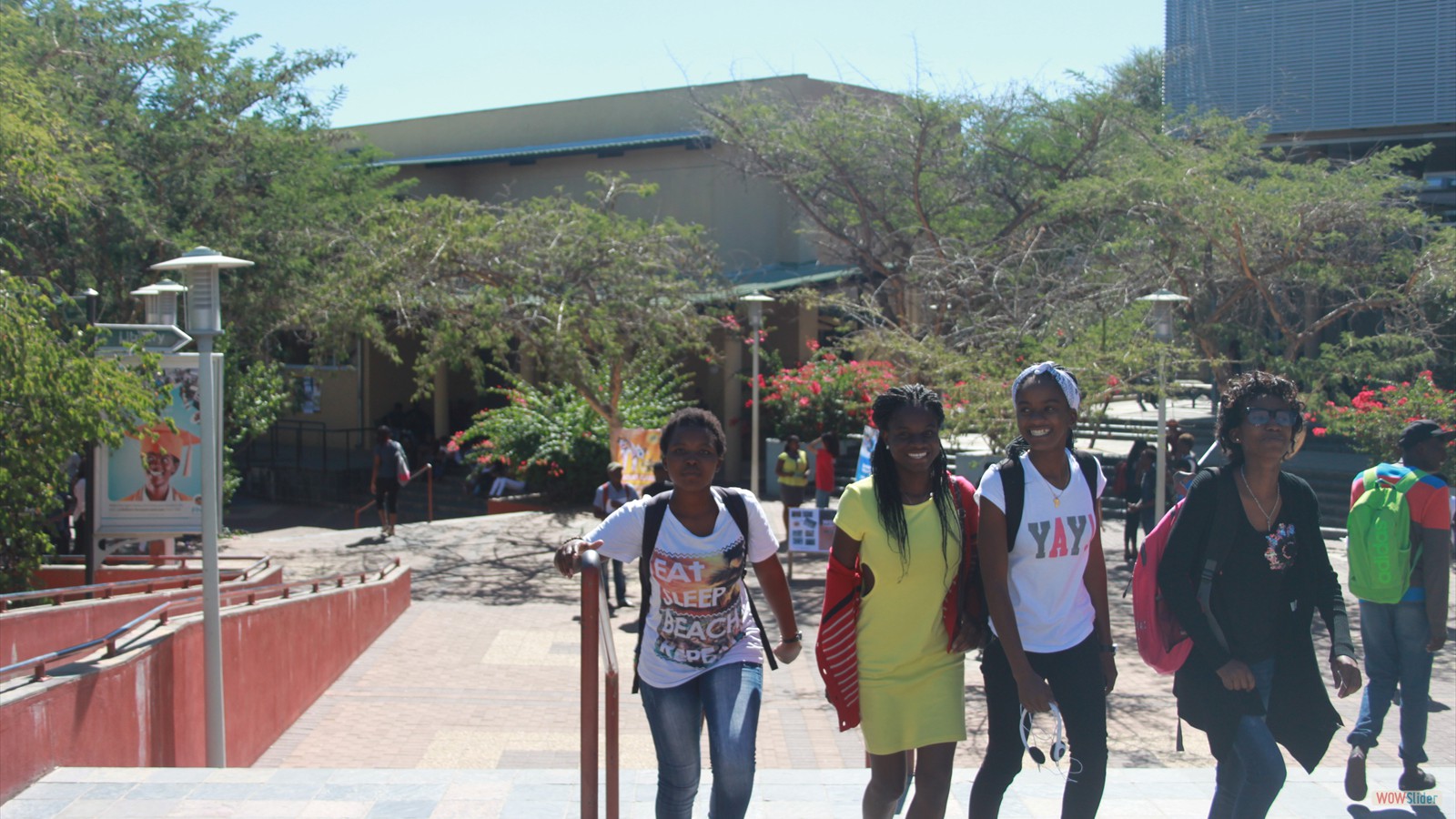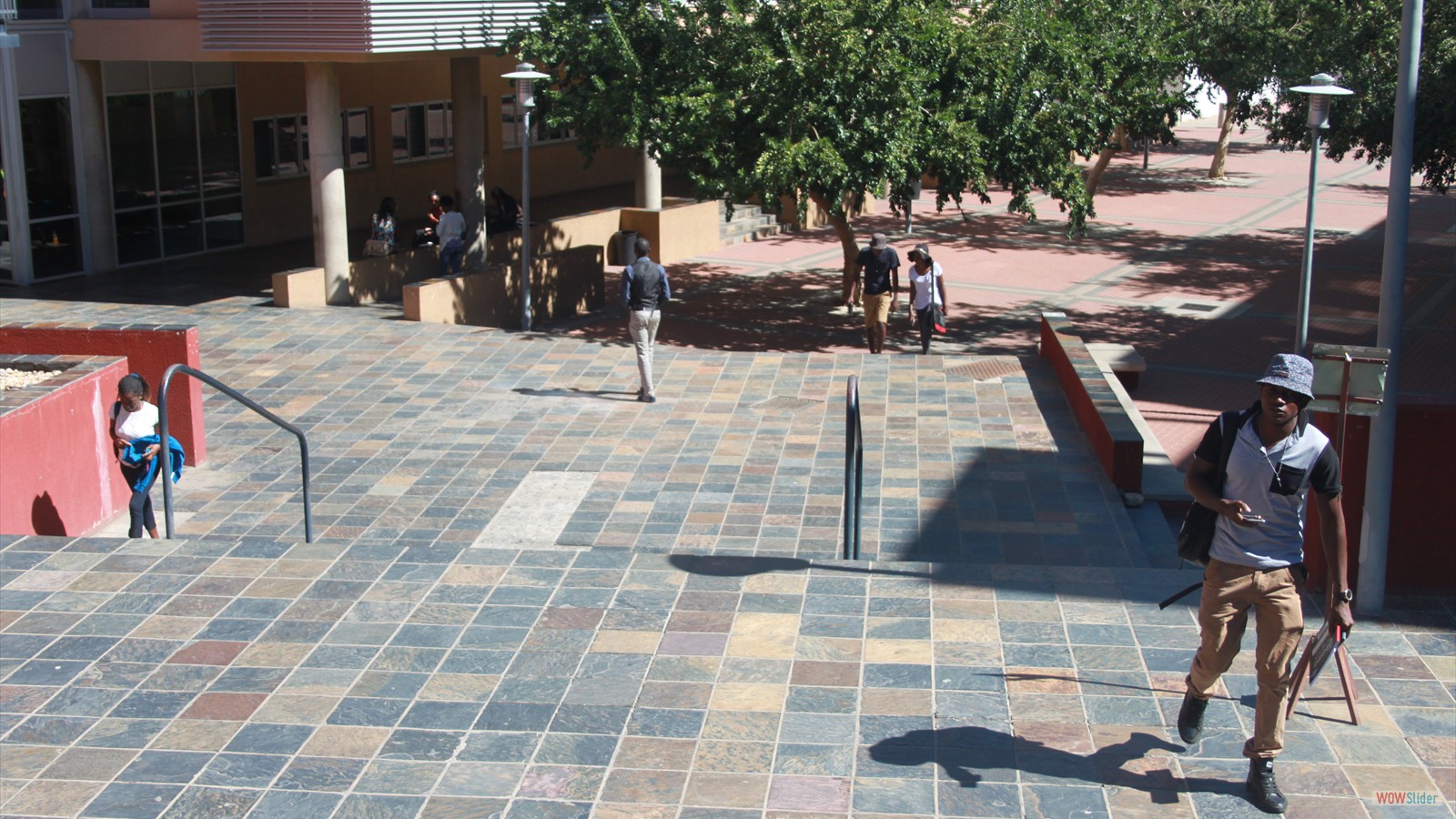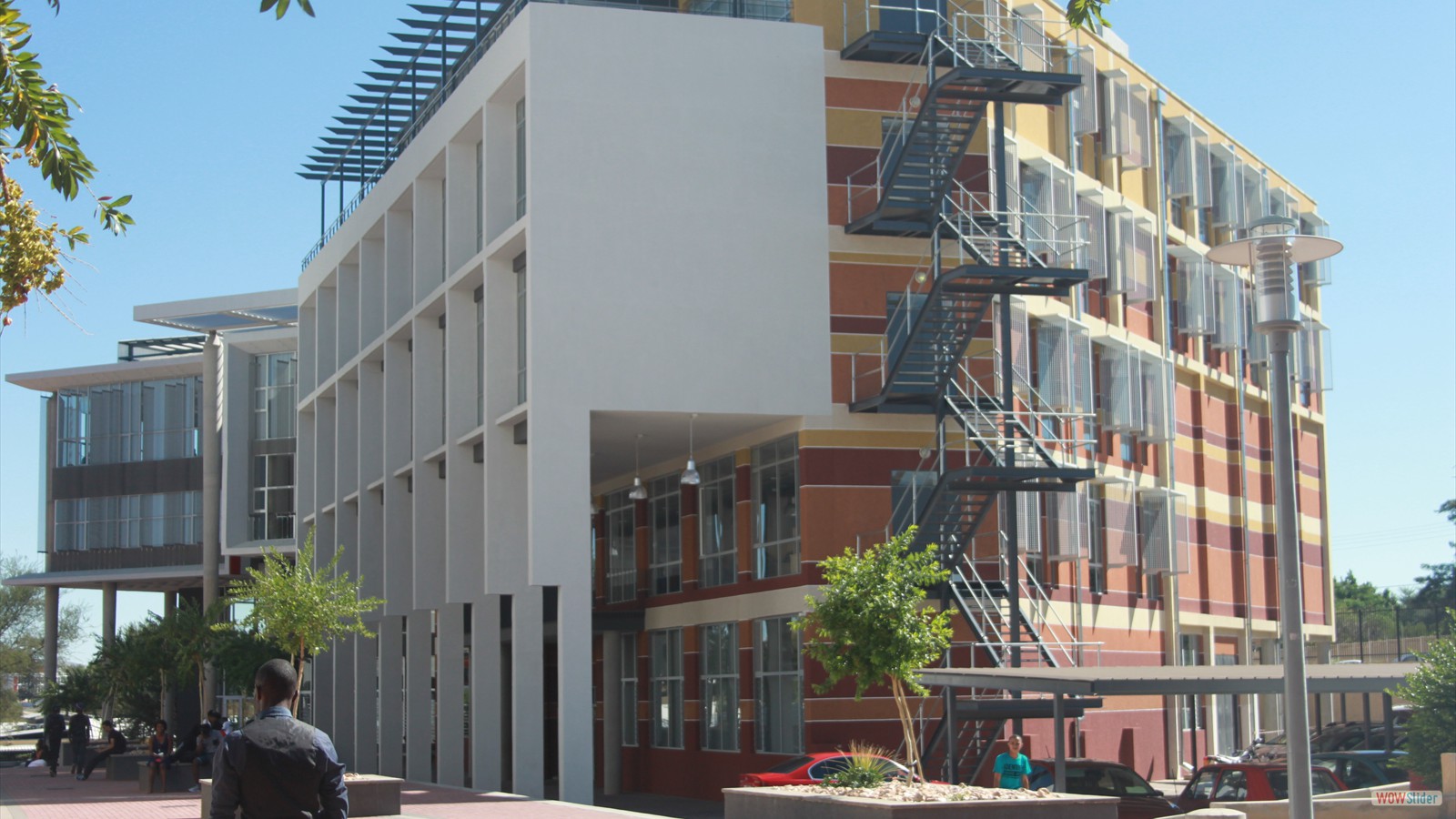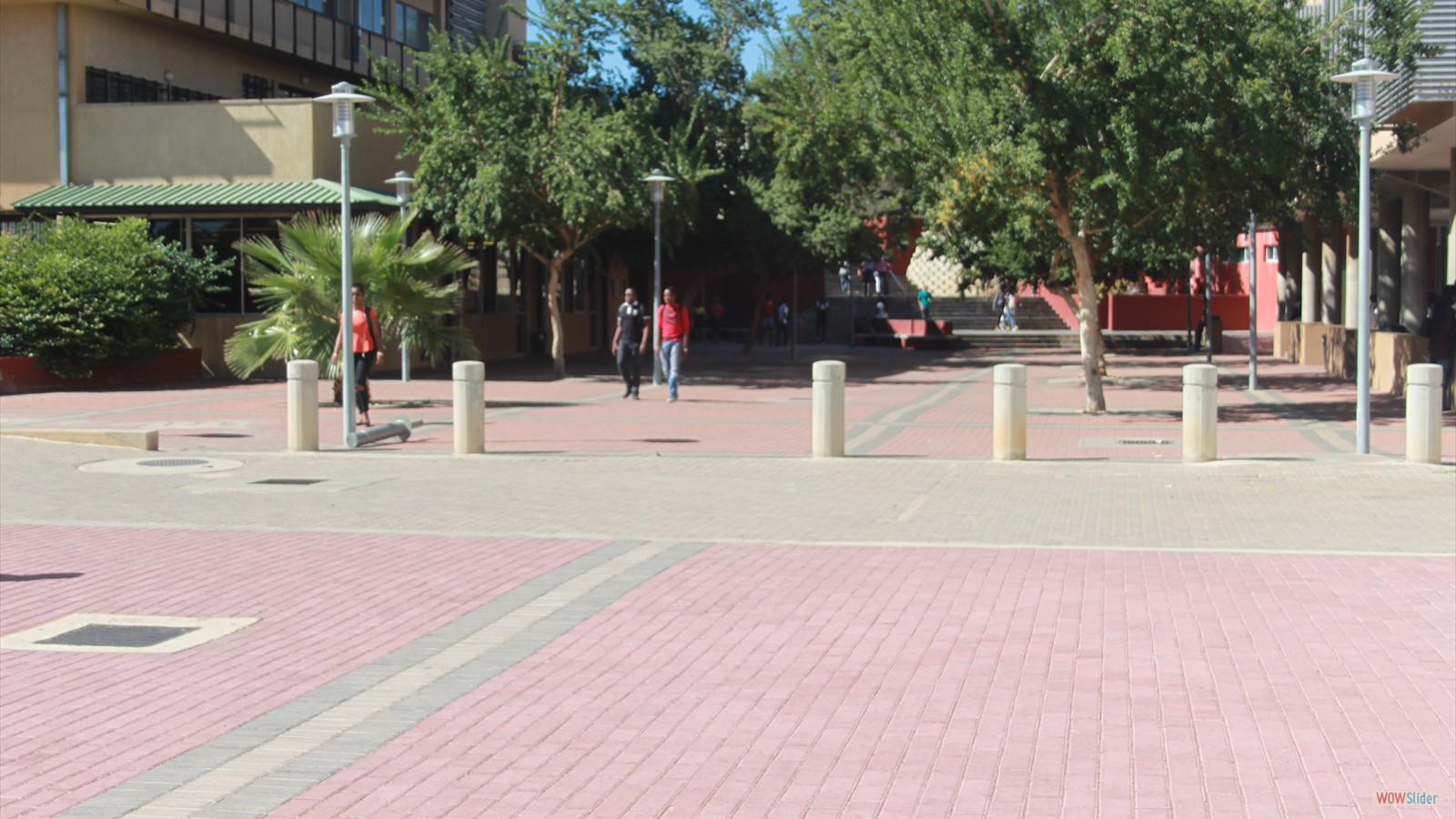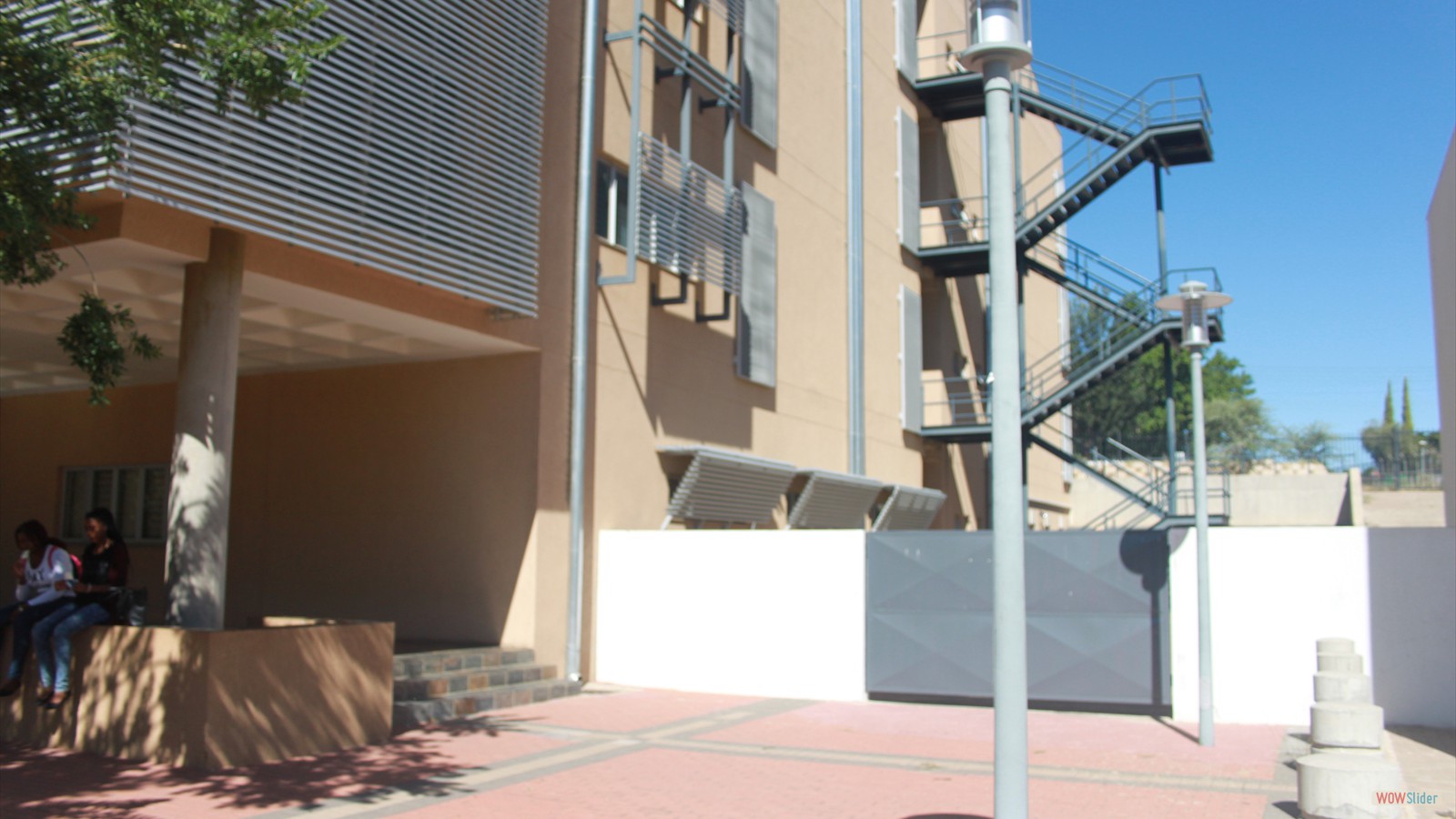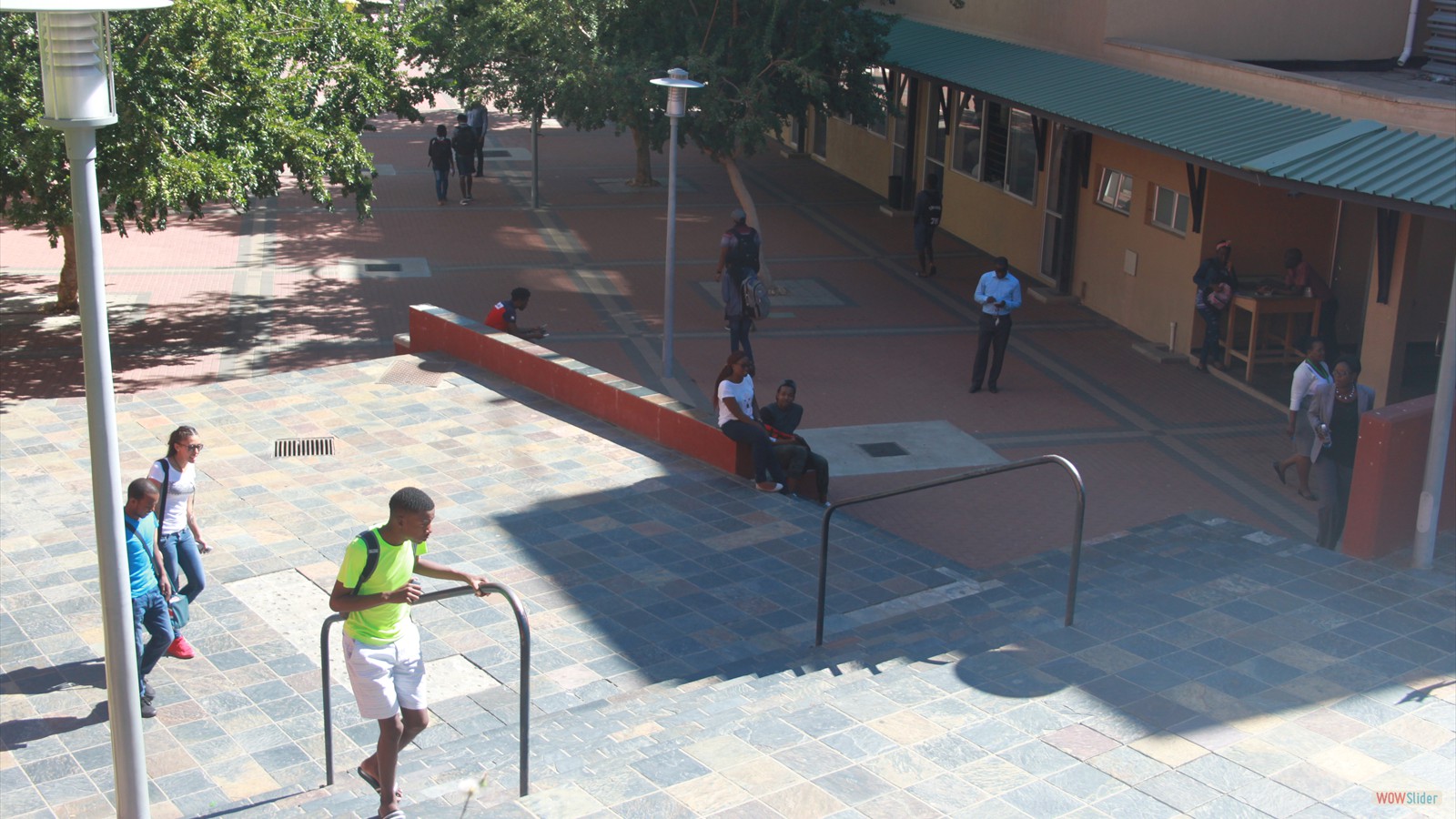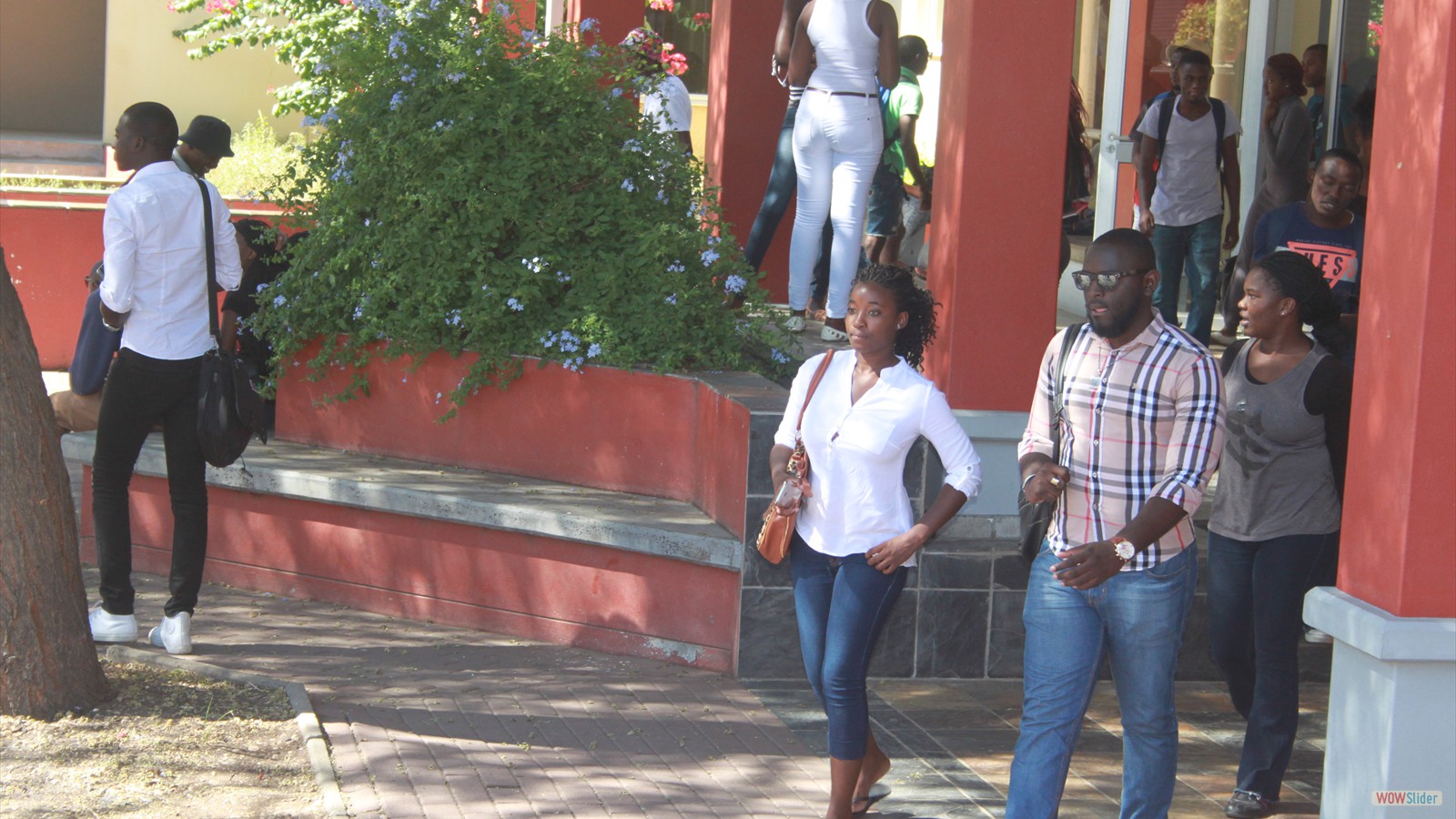
Welcome to the Teaching and Learning Portal
.png)
Topic:
Renewable Energy Production in Namibia and the Role of Higher Education
Presenter
Mr Harald Schütt
Director of Amusha Consultancy and
Coordinator of Renewable Energy Industry Association of Namibia (REIAoN)
Abstract
Affordable access to energy in the form of
electricity is critical not only to supply household with energy but
also for industries that drive the Namibian economy. As new technologies
contribute largely to the development of renewable energy capacity and
efficiency, Namibia has a huge potential to develop a variety of energy
sources ranging from solar and wind to many other powerful technology
applications facilitating the generation of energy. The World is facing
a serious threat that is climate change, which is largely caused by
global warming. Fossil fuels are contributing to the global warming
phenomenon and renewable energy sources are clean energy that may play
an extensive role in cutting down CO2 emissions and in this way reduce
the greenhouse gas emissions. In his presentation, Mr Harald Schütt, the
Director of Amusha Consultancy and Coordinator of Renewable Energy
Industry Association of Namibia (REIAoN) will talk about how Namibia's
transition to 100% renewable energy can look like and the implication on
the National Economy as well as the implementation of the
Sustainable Development Goal 7
as advocated by the United Nations community. The role of higher
education institutions in promoting, researching and producing renewable
energy will be discussed.
Click here to download the presentation
The Session Report
Wednesday 18 May 2016 (Auditorium 1)
Topic: Renewable Energy Production in Namibia and the Role of Higher Education
By Michelle Maree
Presenter:
Mr Harald Schütt, Director of Amusha Consultancy and Coordinator of Renewable Energy Industry Association of Namibia (REIAoN)
Mr Maurice Nkusi of the Teaching and Learning Unit welcomed the presenter and the audience and stated the importance of acknowledging the energy crises that Namibia will soon experience and the whole continent in general and the commitment that the country made towards the implementation of the Sustainable Development Goals, including Goal 7 dealing with affordable and clean energy.

At the right side is Mr Harald Schütt
Mr Schütt started his presentation by asking the audience to formulate three questions that they would like to be answered during the presentation. This approach was innovative because the audience was engaged before even the presentation was started. After the questions from the audience were posed, Mr Schütt presented information on the topic of Renewable Energy Production in Namibia. A few of the main points of the presentation included:
-
1. The necessity for Namibia to move from a centralised system of energy provision to a decentralised system, where energy can be renewed through a bottom-up approach;
-
2. The concern that the countryside of Namibia supports the city and thus the value-stream are from the city to the countryside;
-
3. Taking into consideration that only a third of the population of Namibia is present on the energy grid, and that 3 Billion Namibian Dollar is used to buy energy from outside Namibia, it is cause for concern that Namibia should seriously consider alternative ways of renewing energy;
-
4. With the introduction of Renewable energy where the source is free (sun, wind, water), Namibia can move away from fossil and nuclear energy;
-
5. The population of Namibia (of which 87% of the people can barely survive on their income) has the potential to earn an income if solar panels are installed and unused energy is sold back to the grid.
-
According to Mr Schhütt, the challenge is for key-players in this sector, including the Government to change their approach to energy management in Namibia and open the market to fair competition and the end of the monopoly of energy supply in this country.
Mr Schütt started and concluded his presentation with the words of Albert Einstein: "The problems that exist in the world today cannot be solved by the level of thinking that created them".
After Mr Schutt' s presentation, the audience was given an opportunity to ask questions or provide comments. The presentation ended at 12:45.
Click here to download an article written by Mr Harald Schütt on 100% Renewable Energy & Energy Efficiency in Namibia
Find below a video that explains the concept of integrated renewable energy and energy efficiency:
